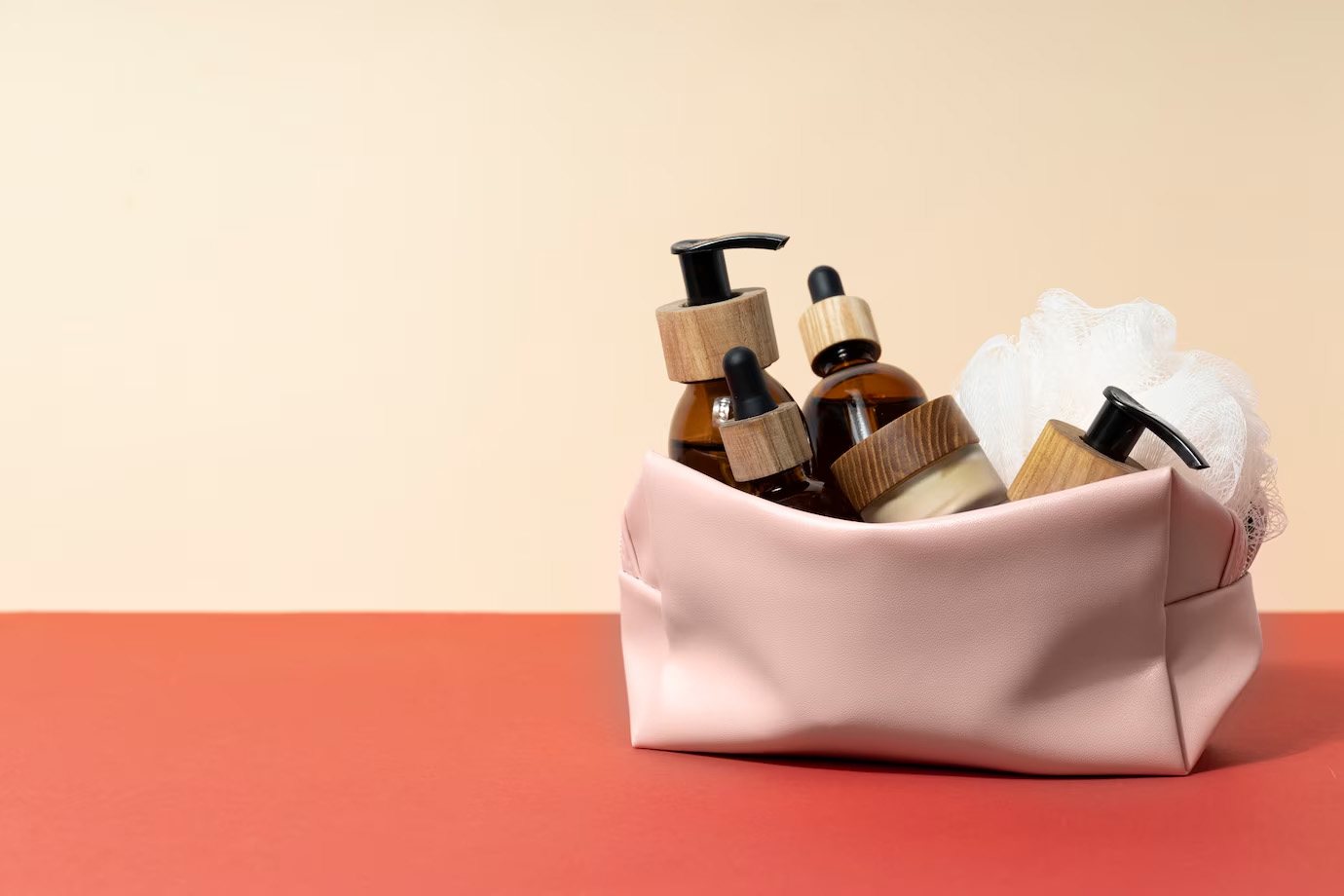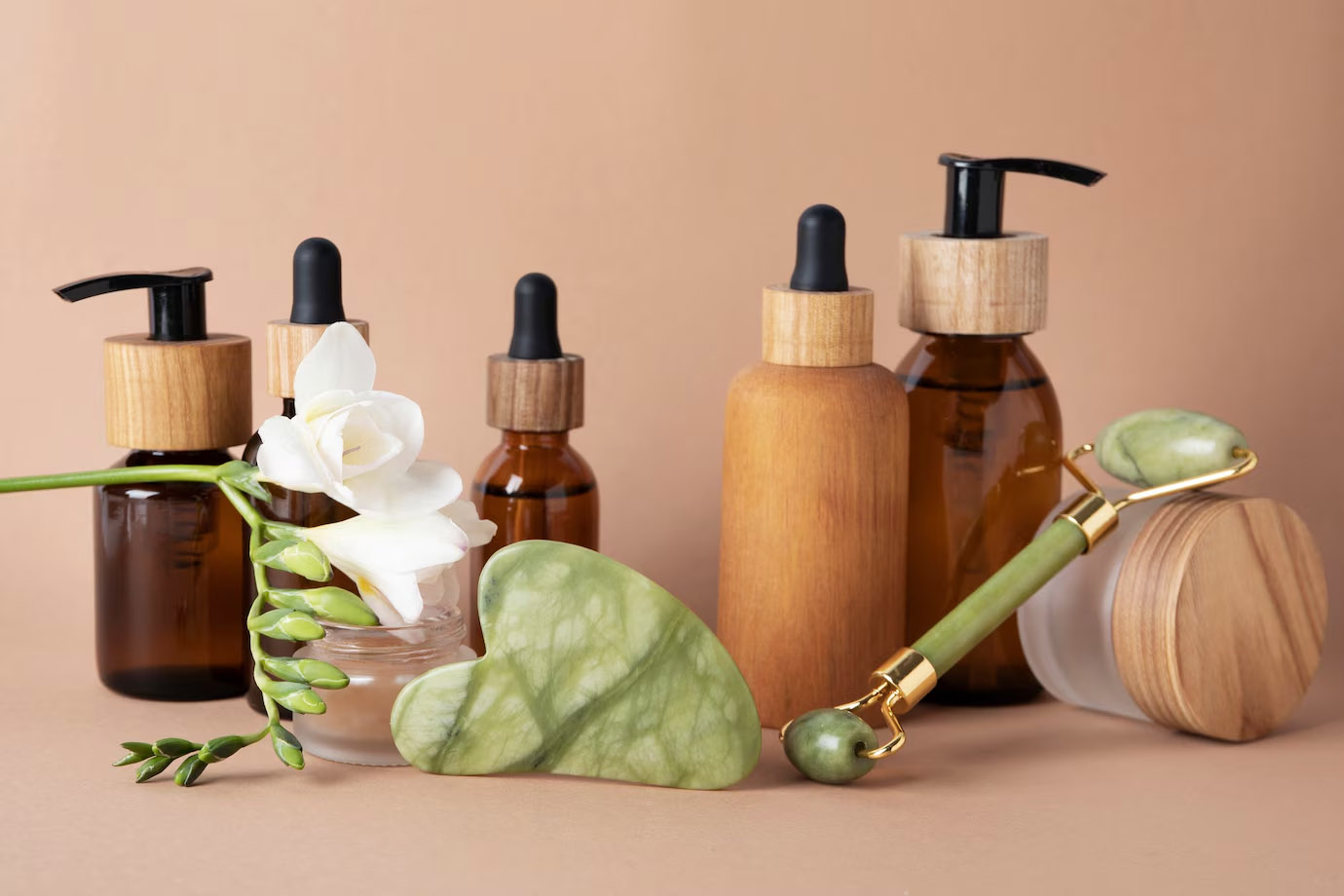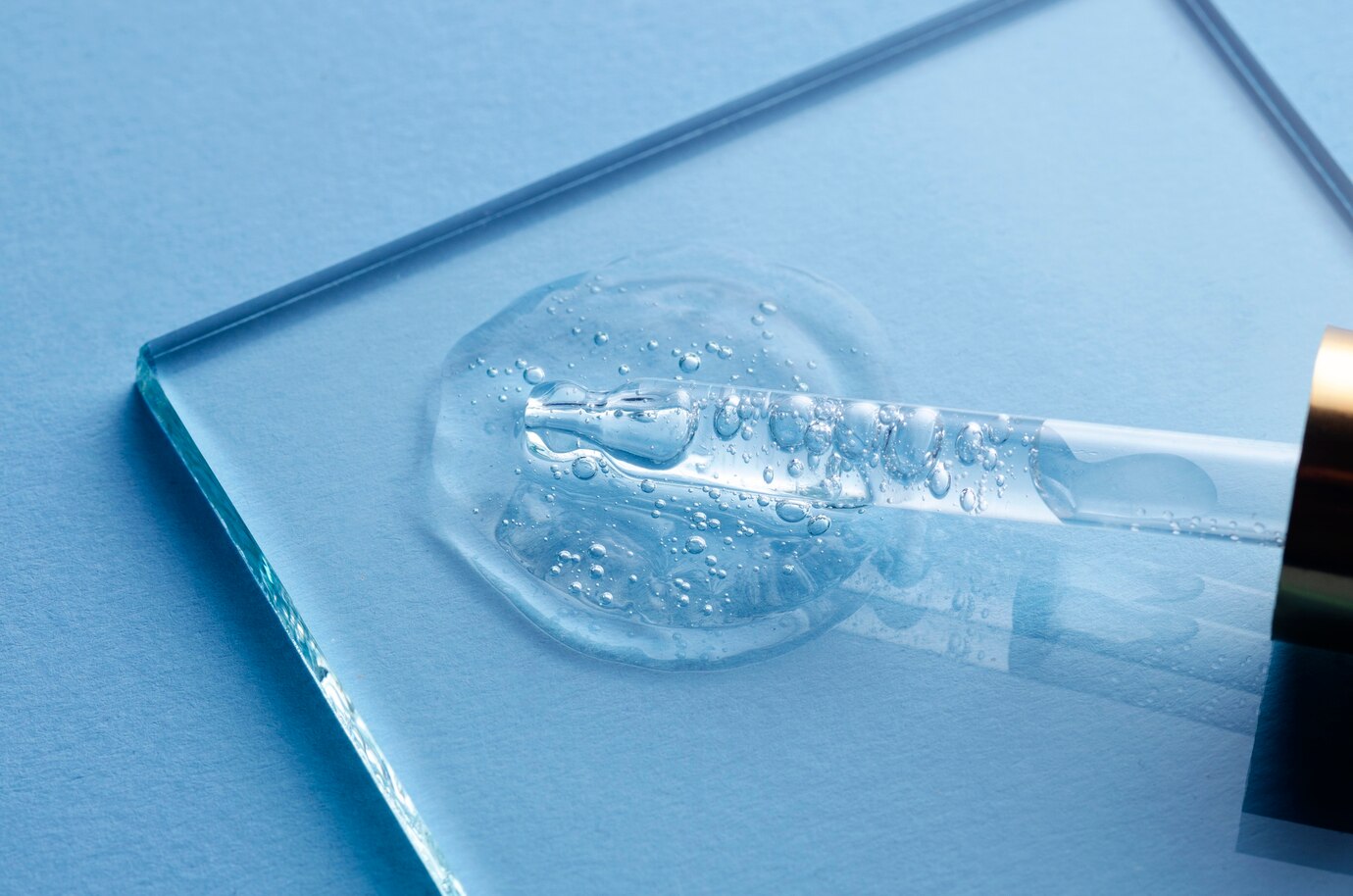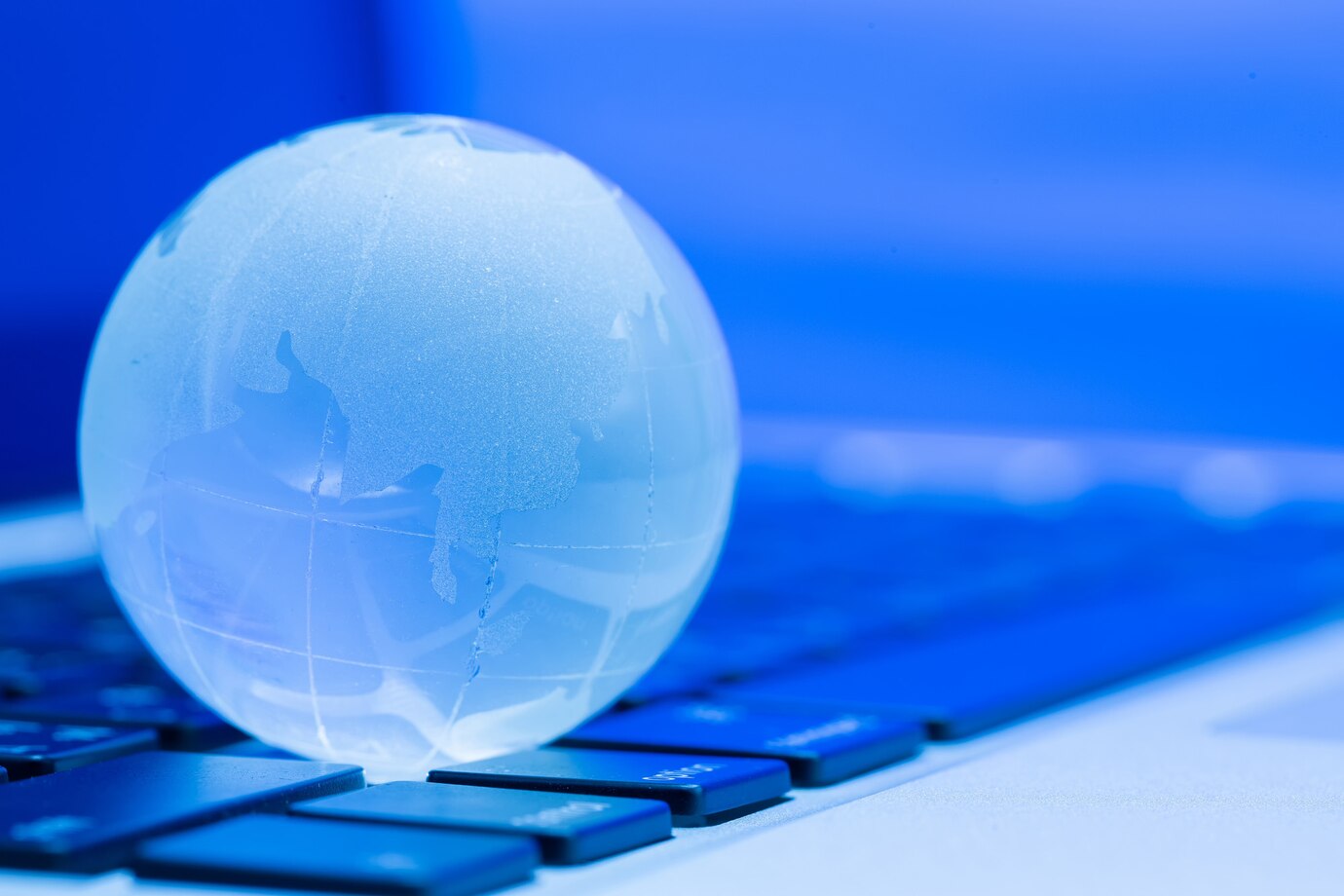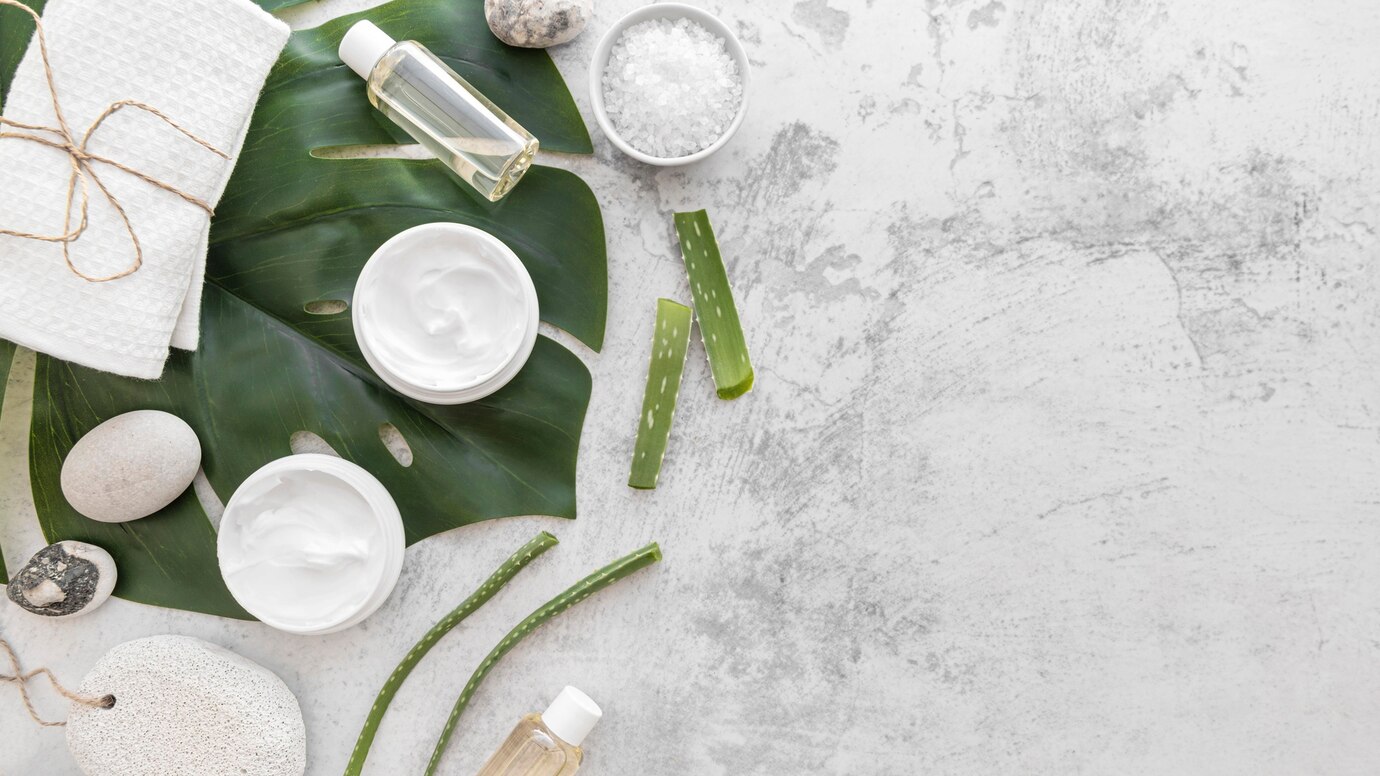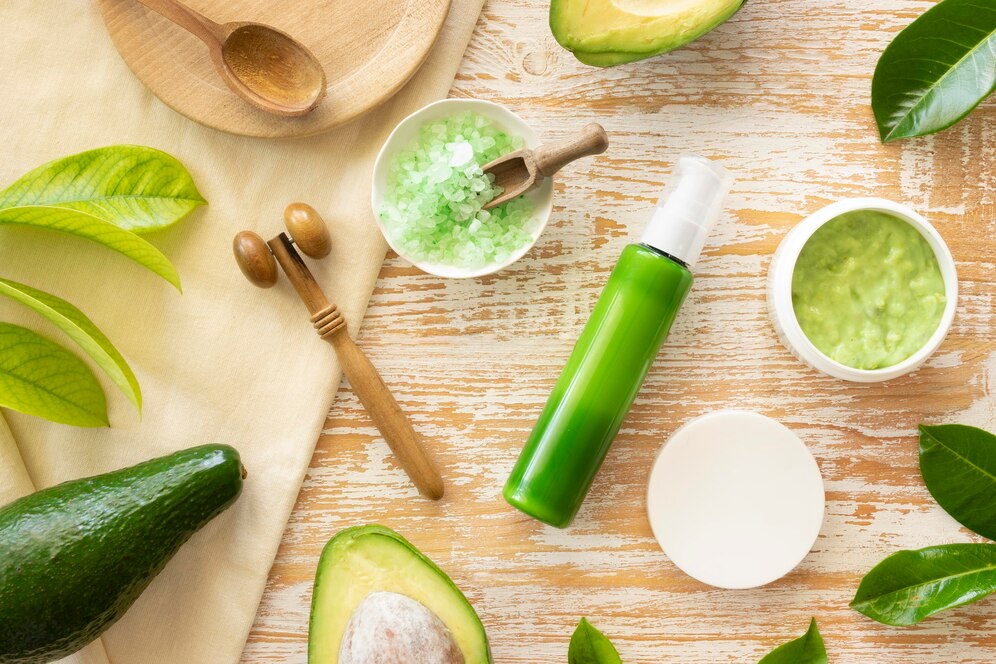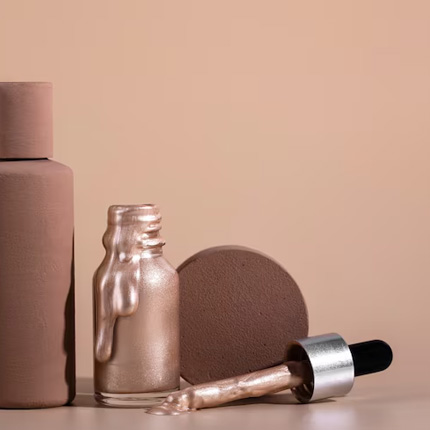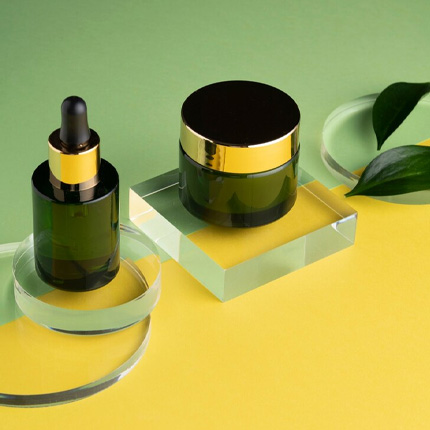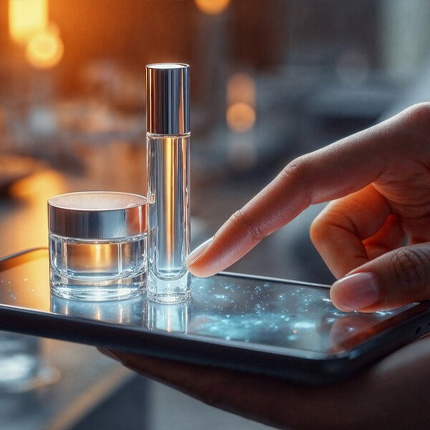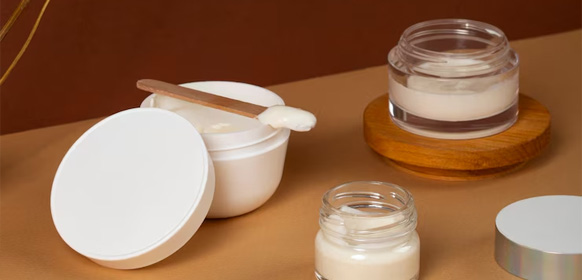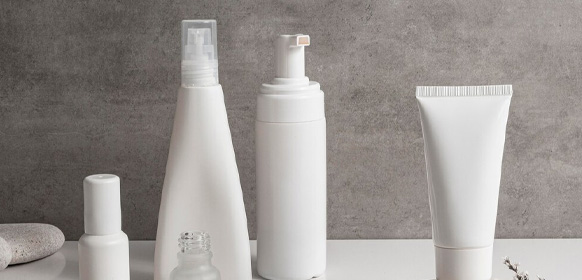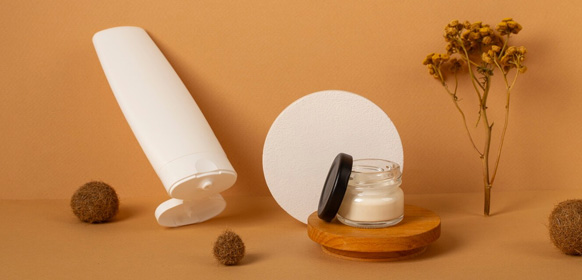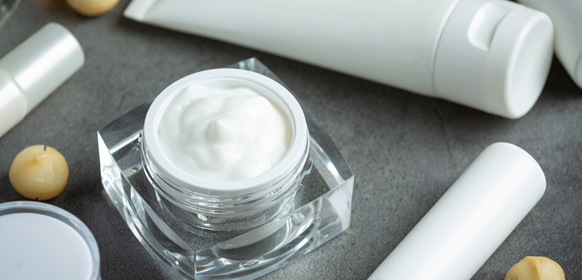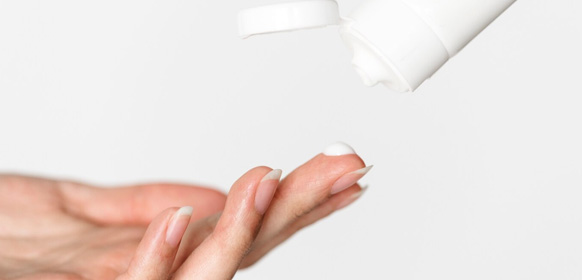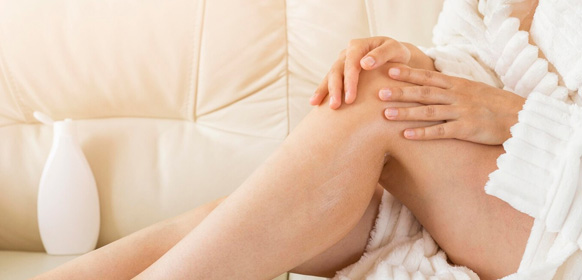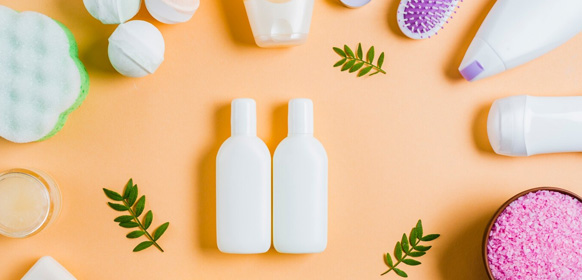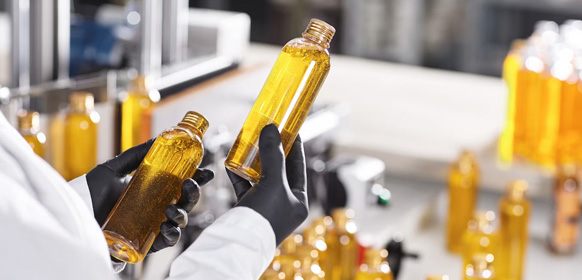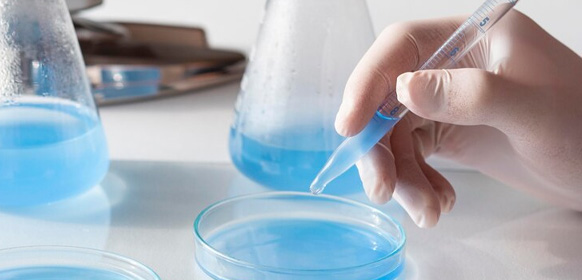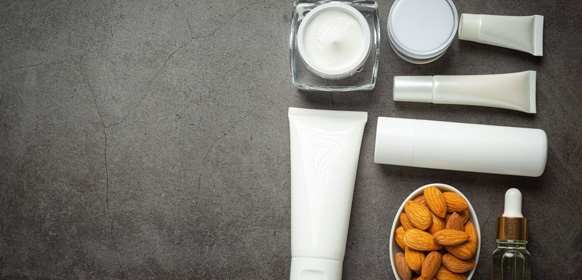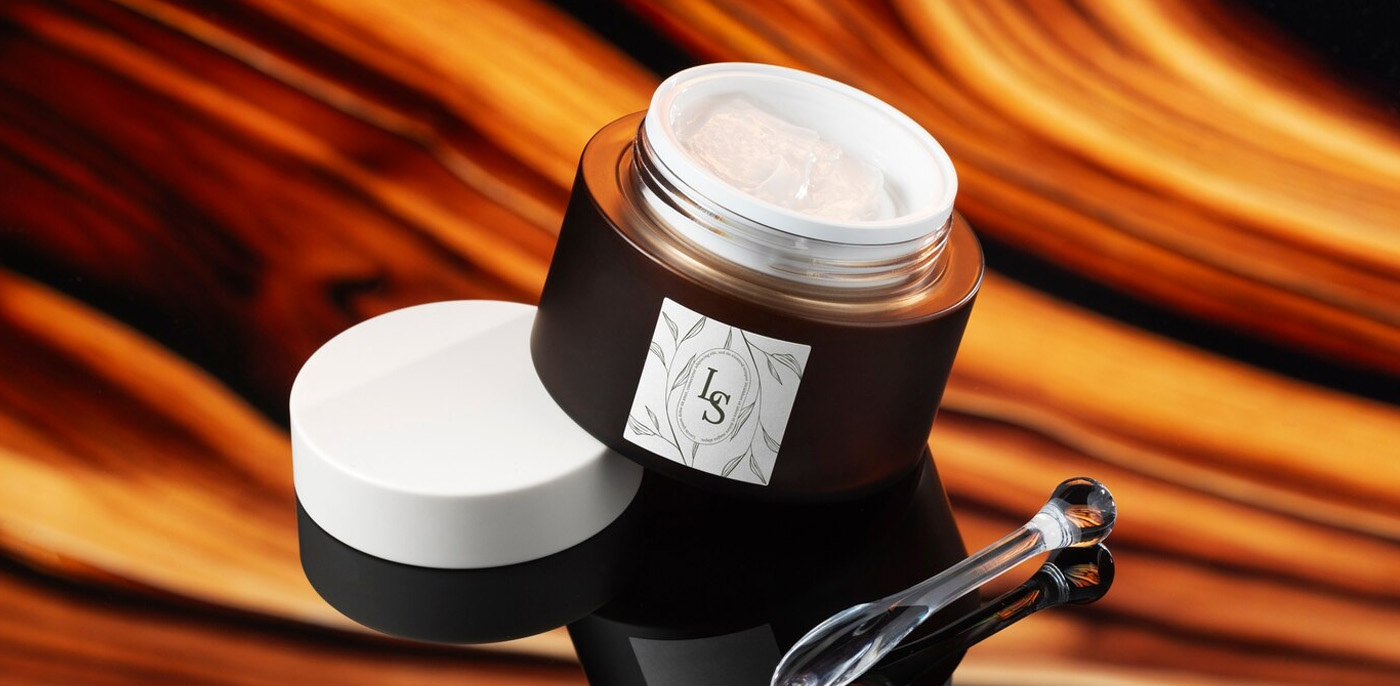
What are Private Label Cosmetics?
Private label cosmetics refer to beauty products that are designed and produced by one company but sold under another brand’s name. They can be pre-made and ready for branding, or customized to meet specific needs.
With low minimum order quantities and quick turnaround times, private label cosmetics provide an accessible way for brands to expand their product lines or launch new ones with ease.
White Label Cosmetics vs. Private Label Cosmetics
What one cosmetic manufacturer calls white label, another might call private label, and vice versa. The real difference lies in the manufacturer’s specific offerings rather than the term itself.
This makes understanding the options a bit more complex, as the terms can vary significantly across the industry.
Some private label cosmetics manufacturers let you tweak the packaging or slightly adjust the formula, while others provide pre-made products that only allow for your logo to be added.
Two Types of Private Label Cosmetics and Their MOQ’s
The minimum order quantity (MOQ) for private label cosmetics can vary widely depending on several factors, from the type of product to the level of customization required.
To simplify, we’ve broken it down into two main categories that highlight the primary differences.
- Pre-made Products (White Label Cosmetics): Starting from 0 Units
For pre-made, on stock, private label cosmetic products, some manufacturers allow businesses to start with virtually no minimum order quantity (MOQ). This means you can brand these ready-to-go products with your logo, even if you’re starting with just a few pieces.
White label cosmetics is a term that is often used for this type of private label cosmetics.
However, it’s important to understand that for these types of products, customization is generally limited to adding labels with your logo.
This limitation exists because direct printing on the packaging requires machinery that isn’t feasible to operate for just a few units. These machines are designed for large runs, so the cost and logistics of setting them up for a small batch don’t make sense.
- Products made for you: Starting from 1000 Units
Some manufacturers take a different approach: they’ve got some formulas developed and packaging selected, but they don’t keep a stock of products ready to ship.
This means you won’t get your goods as quickly as with off-the-shelf products, but the upside is you get to tweak the packaging and sometimes even the formula to make it your own.
Because they’re making these to order, you’ll usually need to start with at least 1000 pieces.
With this approach, you have the option to print directly on the packaging, giving your products a sleek, professional look right from the start.
Private Label Cosmetics Prices (Top 10 Products)
The price depends on many factors, like the formulation, packaging and purchase quantity.
However, you’ll see the biggest jump when you switch from pre-manufactured products to products that are made for you.
Here’s an example of the top 10 best-selling private label cosmetic products and their prices for 0 and 1000 MOQ respectively.
|
|
Product |
0 MOQ |
1000 MOQ |
|
1 |
Lipstick |
$7.00 — $10.00 |
$2.00 — $3.50 |
|
2 |
Nail Polish |
$6.00 — $8.00 |
$1.50 — $3.00 |
|
3 |
Mascara |
$8.00 — $10.00 |
$2.50 — $4.00 |
|
4 |
Moisturizer |
$18.00 — $25.00 |
$5.50 — $8.00 |
|
5 |
Powder |
$9.00 — $12.00 |
$3.00 — $4.50 |
|
6 |
Face Brushes |
$10.00 — $12.00 |
$1.50 — $3.00 |
|
7 |
Eyeliner / Lipliner |
$5.00 — $7.50 |
$1.50 — $2.50 |
|
8 |
Foundation |
$10.00 — $12.00 |
$4.00 — $5.50 |
|
9 |
Lipgloss |
$6.00 — $8.00 |
$2.00 — $3.50 |
|
10 |
Shampoo |
$15.00 — $18.00 |
$5.00 — $7.00 |
IMPORTANT DISCLAIMER: The prices for 0 units MOQ are based on some of the best known private label cosmetics manufacturers. The prices for 1000 units MOQ are a rough range for our own offer.
3 Advantages of Private Label Cosmetics
Let’s take a look at the three main advantages of private label cosmetics. Then we’ll discuss the downsides so you can make an informed decision about whether it’s the right choice for you.
- Quick Market Entry with Private Label Cosmetics
A major advantage of private label cosmetics is the opportunity to enter the complex cosmetics market easily and quickly.
The fact that you don’t have to work on an individual formulation, texture or packaging, makes it not that time-consuming and easier to start selling.
Either the products are already manufactured and stored on the shelf, or at least ready to be produced. They are immediately available and only need to be customized with your brand.
This can lead to a time to market of less than 4 weeks.
- Lower Investment thanks to small Minimum Order Quantities
With private label cosmetics you can start with small minimum order quantities, so you don’t have to invest a lot of money in the production of large quantities at the beginning.
In the cosmetics industry, its not uncommon to have minimum order quantities of 10,000 untis or more.
This can be a great advantage for those who want to start a cosmetics line little by little.
- Customize your Packaging
In an industry that’s all about looks and beauty, you shouldn’t underestimate the power of packaging.
Most of our customers think first and foremost of the actual product, i.e. the bulk.
And that’s a good thing because the product ultimately decides whether your customers are satisfied and buy again or not.
However, the packaging and therefore how your product looks and feels plays an even greater role in the initial purchase. Typically, customers cannot test a cosmetic product and therefore have to rely on what they see.
The packaging can quickly make a very positive but also a negative impression. Your product is perceived as high or low quality within seconds, regardless of what’s inside.
With private label cosmetics, you can customize the packaging to make it look unique.
Remember: Pre-made products can only be labeled with your logo. Private label products that are not pre-produced, can be printed on directly, and sometimes you will be able to change the packaging completely.
3 Disadvantages of Private Label Cosmetics
Unfortunately, private label cosmetics also comes with some downsides.
But note, that most of them only apply to products that have already been manufactured. As we have already pointed out, there are also private label cosmetics that are made for you.
- You have no Control over Formulation
When choosing private label cosmetic products, you have no control over the product formulation.
Which means if you don’t like the scent or the texture for example, there’s most probably nothing you can do about it.
You cannot change specific ingredients or create new formulas.
- You can’t always choose the Packaging
In addition to the lack of influence on the formulation, the packaging cannot always be changed either.
Without unique packaging, it is even harder to stand out from other brands on the market.
- Higher Prices per Unit
While the lower overall investment is an advantage, the high price per unit is a clear disadvantage.
With private label cosmetics, the lower the purchase quantity, the higher the price per unit.With very small order quantities, you may no longer be able to resell the products with a profit margin after taking all other costs into account.
Private Label Cosmetics: Step by Step Guide
If the advantages outweigh the disadvantages for you, and you’re sure that you want to work with a private label manufacturer, we put together a useful step-by-step guide, that will help you on your journey.
- Choose the right Private Label Cosmetics Manufacturer
We have written a guide on how to choose the right cosmetics manufacturer and compiled a list of 17 cosmetics manufacturers.
This is not much different from choosing a private label manufacturer, as this is ultimately just a type of cosmetics manufacturer. If you need help with this, please read this article.
But here is a brief overview of the most important decision factors:
- Quality
- Unit Price
- Lead time (time between the initiation and completion of a production process)
- Delivery time
- Minimum order quantities (MOQ)
- Communication
- Reliability
- Certifications (ISO, GMP, Ecocert etc.)
- Shipping terms (EXW, FOB, door-to-door etc.)
- Additional services like design services
You should take all of these factors into consideration when choosing a private label cosmetics manufacturer and weigh them up according to your individual needs.
- Choose your Private Label Cosmetic Products
If you are not quite sure yet which products you’d like to sell, ask the private label manufacturer for advise.
It makes more sense to not just start with one product, such as lipsticks in one color, but to start with a small cosmetic line.
For example, lipsticks, lip liner and lip gloss all in different colors.
Cosmetic products of the same category that can be used together can increase sales and revenue per order significantly.
One great example of this is Kylie Jenner with her cosmetic line, who gained massive attention by launching her lip kits first.
- Design your Private Label Cosmetic Products
Depending on the manufacturer and products, you have different customization options when it comes to the design of your cosmetic packaging.
Also, the customization options are based largely on whether the products are already produced and in stock, or they are made for you.
As explained above, the on stock products allow you to add a label with your logo, while the other type can be printed directly. You also have not only the label to customize, but basically the whole packaging as printing area.
Avoid taking on the product design by yourself if you’re not an expert. However, it’s definitely valuable to contribute your own ideas about its appearance.Hire a professional product designer. This small investment is guaranteed to pay off!
- Order and Sell your Private Label Cosmetic Products
Before you can start selling your products, you should select at least one suitable sales channel. This could be e commerce (we recommend using Shopify or WooCommerce), retail or wholesale.Then you should think about your distribution countries and their cosmetics regulations.
After you decided on your sales channels and distribution countries, you should start to think about marketing channels.
